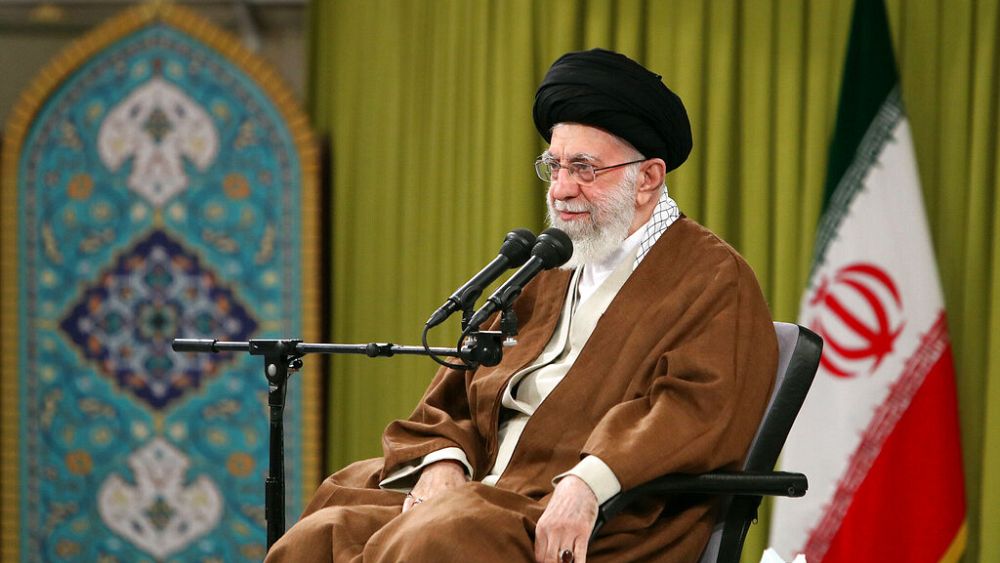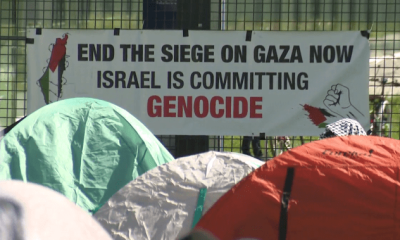General News
Disbanding Iran’s morality police is ‘just a distraction’ says human rights campaigner

A UK-based Iran expert has dismissed claims that the country’s notorious morality police will be disbanded following a wave of social unrest saying “it’s a distraction”. Mahsa Alimardani insisted nothing is changing concerning the restrictive dress codes for women, which “can still be enforced”.
While the morality police “may have sparked the popular uprising back in September, it… is not the main crux of the problem nor the main request of the (protest) movement” added the analyst, a senior researcher at the human rights organisation called ARTICLE19.
Alimardani’s comments come amid calls on social media for a three-day strike more than two months into the barrage of protests sparked by the death of Kurdish-Iranian woman Mahsa Amini, after her arrest by the morality police in Tehran.
In a surprise move last weekend, Iran’s Prosecutor General Mohammad Jafar Montazeri was quoted as saying that the morality police units had been closed down.
But activists were sceptical about his comments, which appeared to be an impromptu response to a question at a conference rather than a signposted announcement on the morality police, which is run by the interior ministry.
Moreover, it said, its abolition would mark no change to Iran’s headscarf policy — a key ideological pillar for its clerical leadership — but rather a switch in tactics on enforcing it.
“When I heard the news, which I believe was a little bit of misinformation that the morality police was scrapped. I thought, wow, this is going to be a big distraction for the international solidarity and momentum that the movement and the popular uprising against the Islamic Republic are going to face.”
“It’s going to be a massive distraction because anyone who knows Iran knows that the morality police is not the problem,” said Alimardani.
The guidance patrols have been a familiar sight on Tehran’s streets since 2006 when they were introduced during the presidency of the ultra-conservative Mahmoud Ahmadinejad. But the clerical leadership had been strictly enforcing the rules, including the headscarf, well before then.
Under the last shah, Mohammad Reza Pahlavi, women had been free to dress as they wished with fashions little different from Western countries in secular areas of Tehran. His father Reza Shah had gone a step further in an edict issued in 1936, seeking to ban all Islamic veils and headscarves.
It was anger over the obligatory headscarf rule that sparked the first protests over the death of Amini, who died from what her family says was a blow to a head sustained in custody.
The authorities dispute this.
Watch the video in the player above.
























